Metabolic Rate and its secrets
Metabolism is the process by which the body converts the calories from food into energy necessary for its vital functions. Most of us think that skinny people are the ones with a fast metabolism, and overweight people are those with a slow one. However, metabolism is not the only factor that affects how much we weigh. Weight gain is more dependent on the balance between the amount of calories consumed and calories burned.
How does your body burn the calories?
-
for the basic functions of the body
Basal Metabolic Rate (also called as Metabolic Resting Rate) is the amount of calories that your body needs to maintain your basic functions such as digestion, respiration, blood circulation, regulation of hormone levels, growth and repair of cells, etc. It is usually from 66 to 75 percent of your daily caloric needs. -
for the digestion and absorption of food
10 percent of daily calories are consumed on the digestion and absorption of food. -
for physical activity
Movement and exercise enables us to burn calories from the rest of our daily calorie requirement.
What slows our metabolism down?
Age
From the 30 years of age we begin to lose between 3 to 8 percent of muscle tissue for each decade of life, which is the main reason that our metabolism starts to slow down more and more. Lean muscle mass is much more metabolically active than fat cells.
Sex
Men tend to have a faster metabolism than women because they tend to have less fat. Basal metabolic rate is often 10 to 15 percent higher in men than in women.
Genetic Factors
People who eat a lot and never gain weight are born with a high basal metabolic rate, which means that they have a high demand for calories for their bodies to keep them alive.
Starvation
During weight loss diet, the body recognizes when you are hungry and slows down the various chemical processes to save energy. Large meals can also slow metabolism down, because of their effect on insulin, a hormone involved in metabolism. Insulin is released when blood glucose level goes up. Your body produces more insulin in response to a big meal than a snack.
Alcohol
Drinking alcohol with dinner is not a good idea. The body first burns the calories from the alcohol, which means that the rest of the calories from your meal may be deposited in form of fat. Of course, sometimes you can have a glass of wine which is low in calories (a glass of semi dry white wine has 115 calories) and increases the secretion of bile, which accelerates the digestion of fats.
Hypothyroidism
Hypothyroidism slows down the metabolism and ultimately can lead to a weight gain. The good news is that a blood test can determine whether your thyroid hormones are normal, and they can be controled by the appropriate treatment.
How can you boost your metabolism? Can metabolism increase be your secret weapon?
Podobał Ci się ten artykuł?
Polub go.
.jpg)
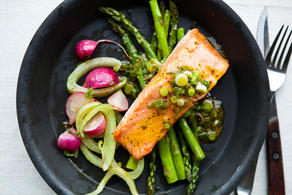 Grilled chicken breast with rice and salad
Grilled chicken breast with rice and salad
.jpg) Calorie Calculator
Calorie Calculator
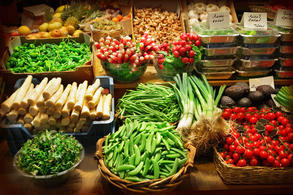 The Glycemic Index tells the difference between Bad Sugar and a Good Sugar
The Glycemic Index tells the difference between Bad Sugar and a Good Sugar
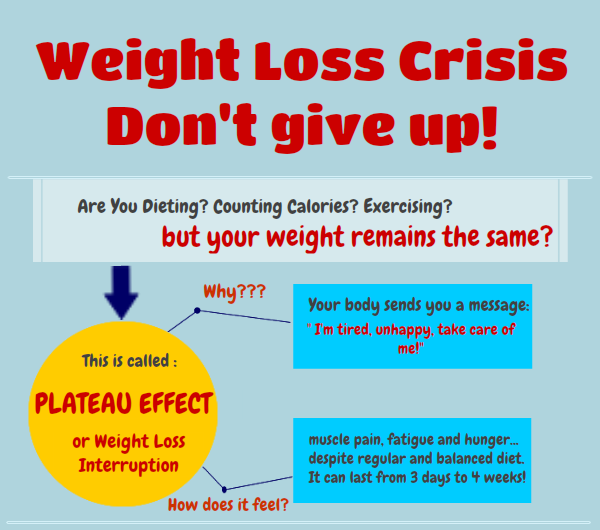 Dieting, exercising, but scale is not moving
Dieting, exercising, but scale is not moving
 Flat Belly little Helpers
Flat Belly little Helpers
 What kind of fat will keep you fit and healthy
What kind of fat will keep you fit and healthy
.jpg) Metabolic Rate and its secrets
Metabolic Rate and its secrets
 Can metabolism increase be your secret weapon?
Can metabolism increase be your secret weapon?
 Healthy snacks. Does it always have to be carrot for dougnut?
Healthy snacks. Does it always have to be carrot for dougnut?
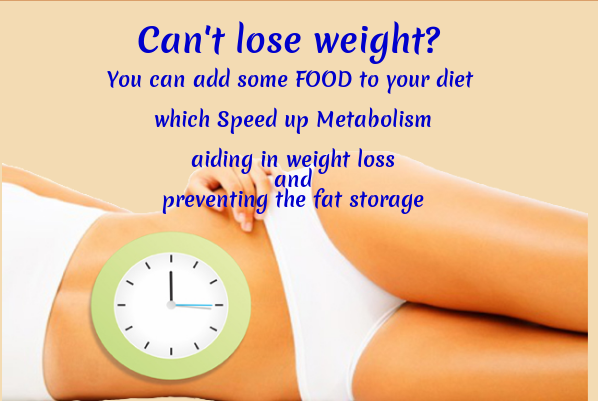 How to increase Your Metabolism - perfect food for Fat Loss
How to increase Your Metabolism - perfect food for Fat Loss
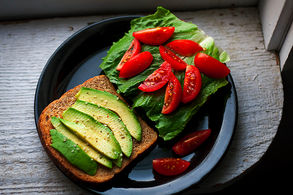 Tuna sandwich with lettuce and radish
Tuna sandwich with lettuce and radish
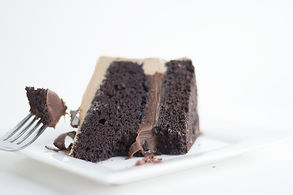 Apple sorbet
Apple sorbet
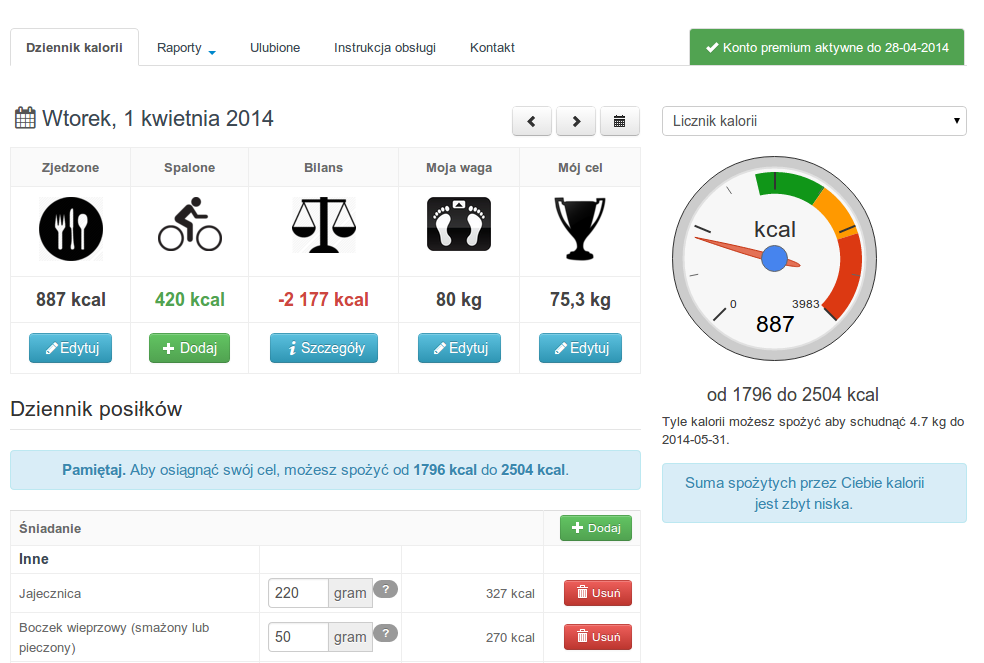

 Why fiber is so important in Your diet?
Why fiber is so important in Your diet? 